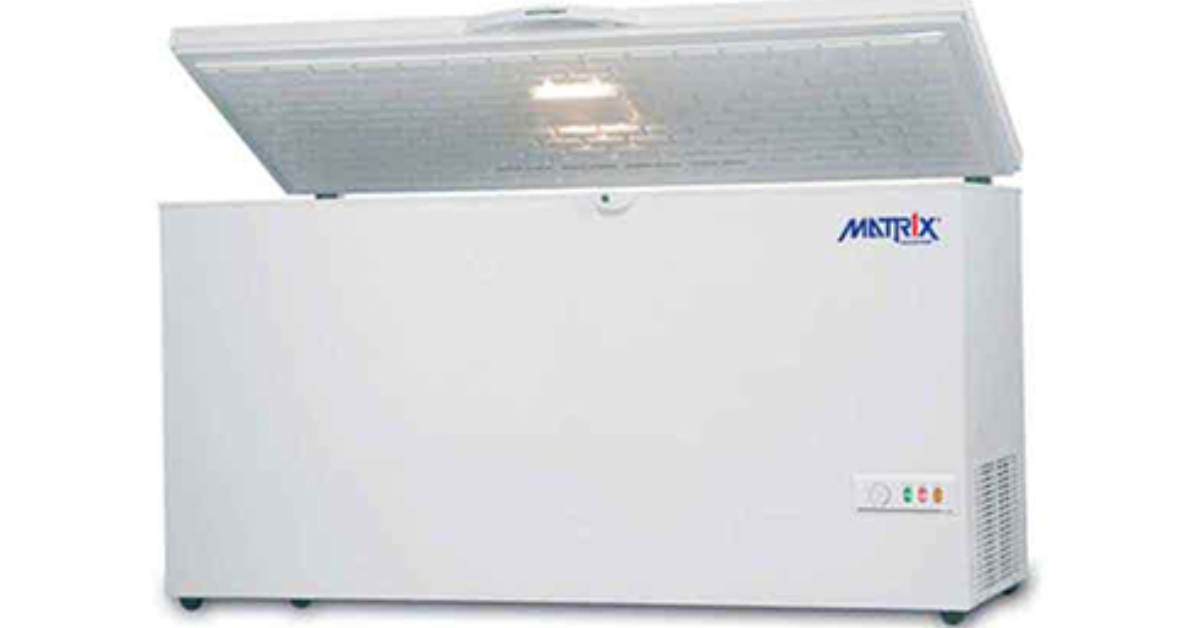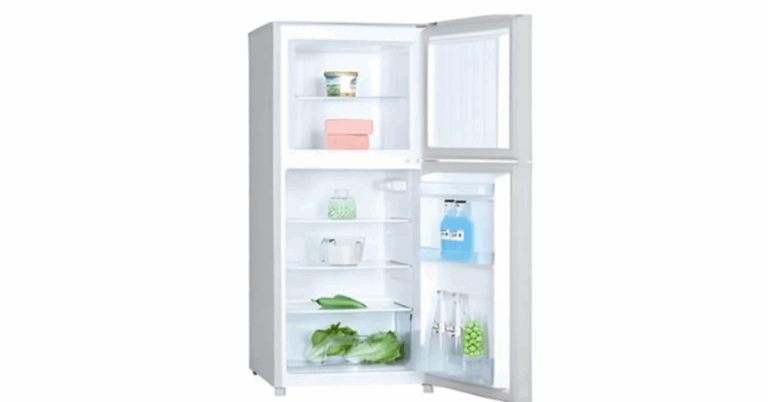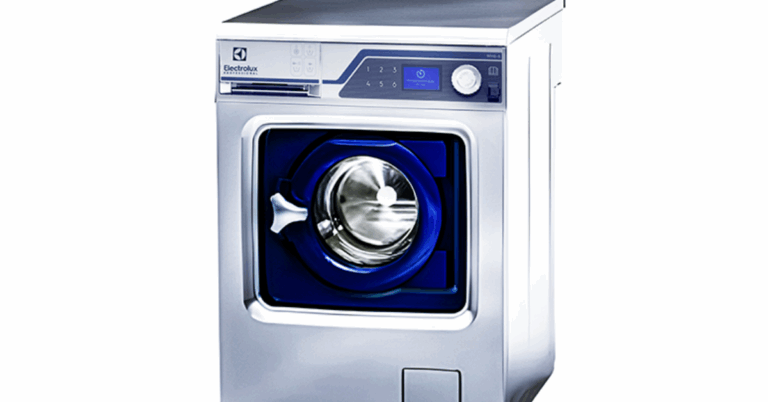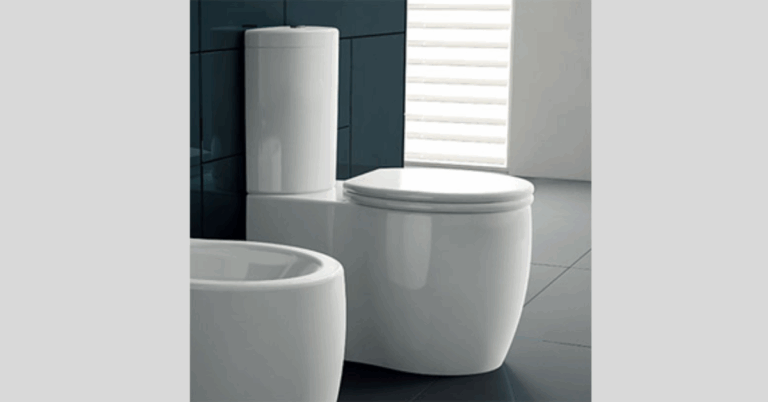258L Marine Chest Freezer 60Hz: Essential Cold Storage for Cruise Ships
The 258L Marine Chest Freezer 60Hz is a robust and efficient appliance designed to meet the demanding refrigeration needs of cruise ships operating in tropical climates. With a generous 258-liter capacity and optimized for 220V/60Hz power systems, this freezer ensures that perishable goods remain safely frozen during extended voyages.
Importance of Reliable Cold Storage on Cruise Ships
Cruise ships cater to thousands of passengers and crew members, necessitating the storage of vast quantities of perishable food items. Maintaining the quality and safety of these items is paramount, especially in the challenging marine environment where temperature fluctuations and humidity can affect refrigeration systems. The 258L marine chest freezer addresses these challenges by providing a dependable solution for freezing and storing food, ensuring it remains fresh throughout the journey.
Key Features of the 258L Marine Chest Freezer 60Hz
1. Spacious Storage Capacity
The 258L capacity offers ample space to store a variety of frozen items, including meats, seafood, vegetables, and desserts. This large capacity reduces the need for frequent restocking, ensuring a continuous supply of frozen provisions during the cruise.
2. Designed for Tropical Climates
Built to operate efficiently in high-temperature environments, this freezer is ideal for use in tropical regions. Its design ensures consistent performance even in hot and humid conditions, making it suitable for cruise ships operating in such climates.
3. Adjustable Thermostat
Equipped with an adjustable thermostat, the freezer allows users to set the desired temperature between -18°C and -24°C. This flexibility ensures that different types of frozen goods are stored at their optimal temperatures, maintaining their quality and safety.
4. Energy-Efficient Compressor
The high-performance compressor is engineered for energy efficiency, reducing electricity consumption without compromising on cooling performance. This is particularly beneficial for cruise ships aiming to minimize energy usage and operational costs.
5. Durable Construction
Constructed with marine-grade materials, the freezer features a corrosion-resistant aluminum interior, ensuring longevity and reliable performance even in the challenging marine environment. The sturdy design can withstand the rigors of daily use on board.
6. Secure Lock and Key
The freezer comes with a secure lock and key, providing added security for stored items. This feature is particularly useful in shared spaces, ensuring that perishable goods are protected from unauthorized access.
Applications Onboard Cruise Ships
1. Galley Kitchens
In the ship’s galley, the 258L marine chest freezer serves as a vital appliance for storing frozen ingredients and prepared meals. Its large capacity allows chefs to store a variety of items, reducing the need for frequent deliveries and ensuring a consistent supply of frozen food for passengers.
2. Crew Quarters
In crew areas, the freezer provides a convenient space for storing personal frozen food items, enhancing the comfort and satisfaction of the crew members. Its lockable lid ensures that personal items remain secure.
3. Medical Facilities
The freezer’s reliable cooling capabilities make it suitable for storing temperature-sensitive medical supplies and medications in the ship’s medical facility. This ensures that such items remain within the required temperature range, maintaining their efficacy and safety.
4. Passenger Cabins
Some cruise ships install marine chest freezers in passenger cabins to offer guests the convenience of in-room frozen food storage. This allows passengers to store personal frozen items, enhancing their overall cruise experience.
Installation Considerations
1. Electrical Compatibility
Before installation, it’s essential to ensure that the freezer’s 220V/60Hz power requirement matches the ship’s electrical system. Proper voltage regulation and grounding are necessary to prevent electrical issues and ensure safe operation.
2. Ventilation
Adequate ventilation is crucial for the freezer’s performance. Ensure that the installation location allows for proper airflow around the unit to prevent overheating and maintain efficient cooling.
3. Secure Mounting
Given the movement of the ship, it’s important to securely mount the freezer to prevent vibrations and potential damage. Use marine-grade brackets and fasteners to ensure the unit remains stable during transit.
4. Accessibility
Position the freezer in a location that allows easy access for loading and unloading items. Consider proximity to preparation areas to streamline food storage and retrieval processes.
Maintenance and Care
1. Regular Cleaning
To maintain optimal performance, regularly clean the freezer’s interior and exterior surfaces. Use non-abrasive cleaners and cloths to prevent damage to the unit’s finish.
2. Defrosting
Periodically defrost the freezer to prevent ice buildup, which can impede airflow and reduce cooling efficiency. Follow the manufacturer’s guidelines for defrosting procedures.
3. Inspection
Regularly inspect the freezer for signs of wear or damage, such as frayed cords, loose seals, or corrosion. Address any issues promptly to prevent further damage and ensure safe operation.
4. Professional Servicing
Schedule regular maintenance by qualified technicians to ensure the freezer operates at peak efficiency. Professional servicing can help identify and address potential issues before they become major problems.
Conclusion
The 258L Marine Chest Freezer 60Hz offers a reliable, energy-efficient, and spacious solution for storing frozen goods onboard cruise ships. Its durable construction, adjustable thermostat, and lockable lid make it a versatile appliance suitable for various applications, including galley kitchens, crew quarters, medical facilities, and passenger cabins. By considering installation requirements and adhering to maintenance practices, cruise operators can ensure the freezer’s longevity and optimal performance, contributing to the overall efficiency and comfort of onboard operations.







